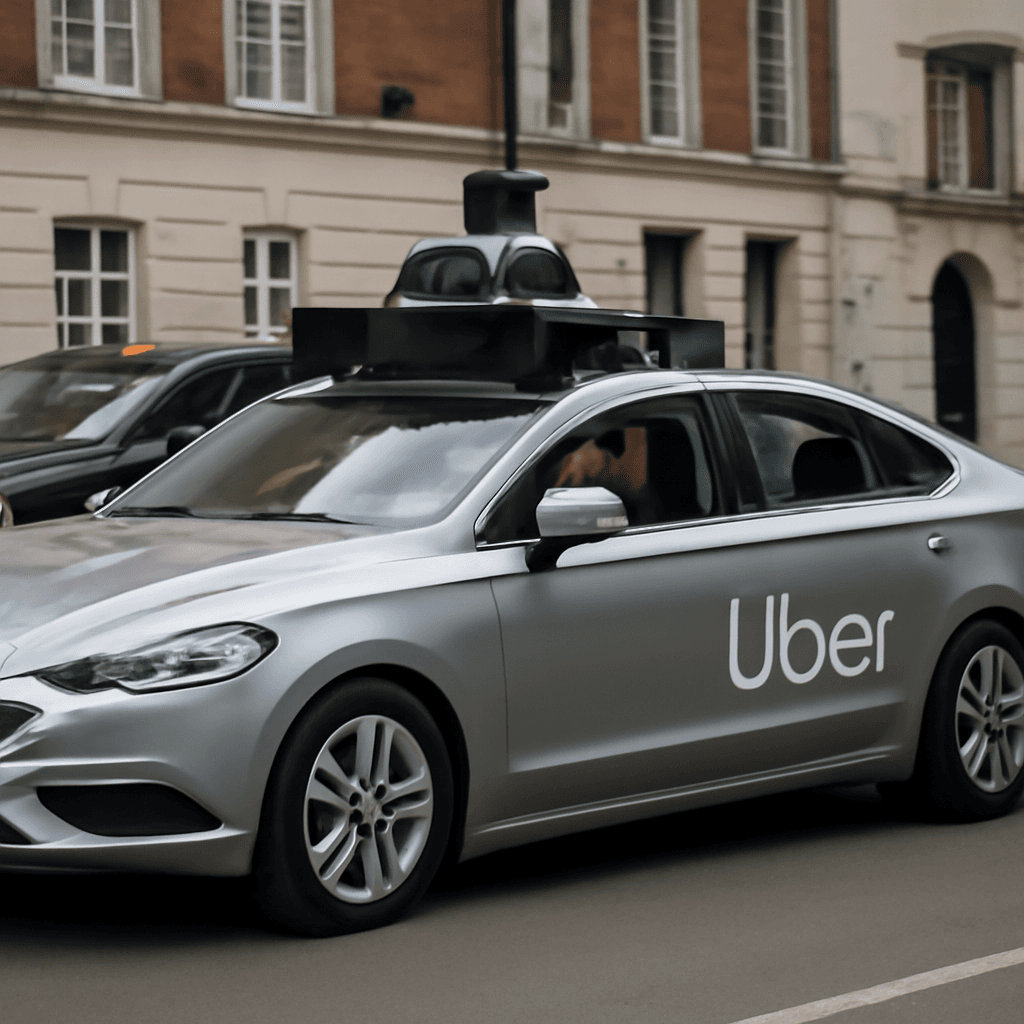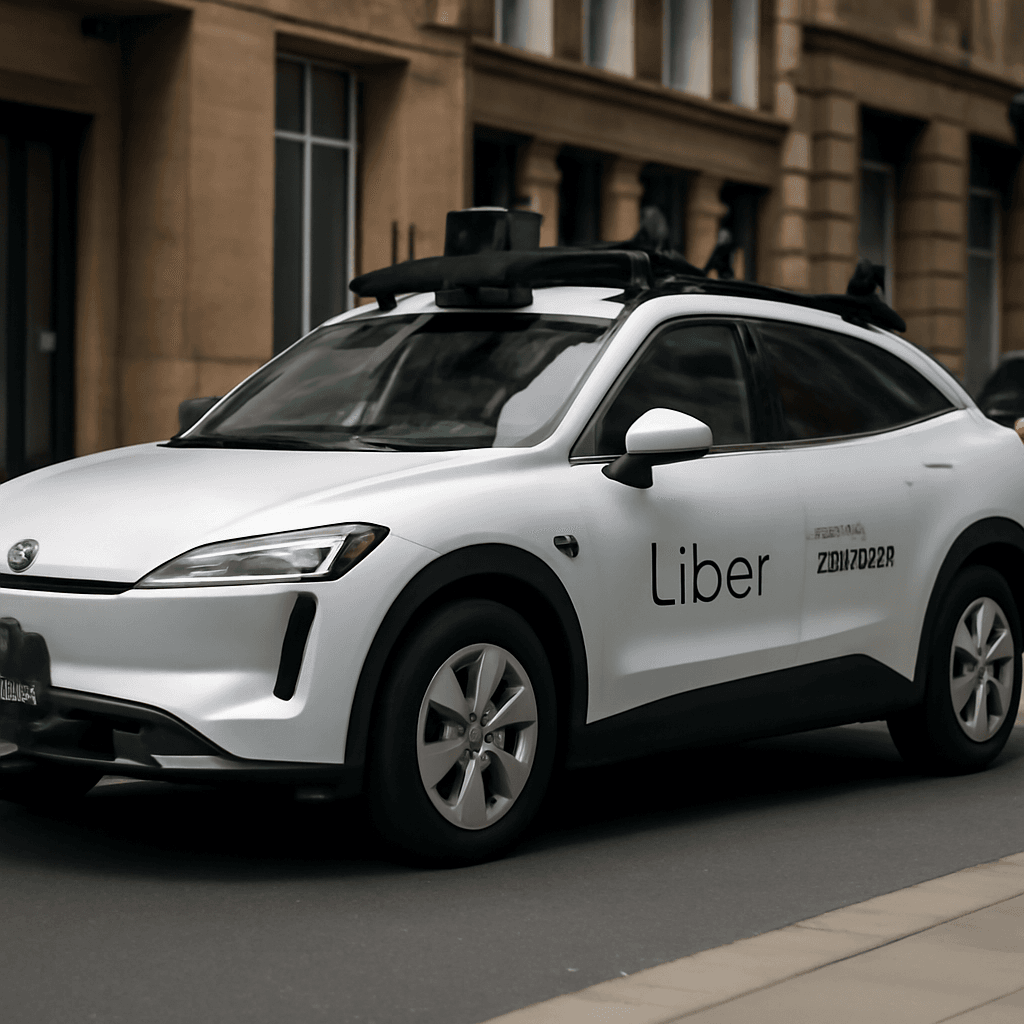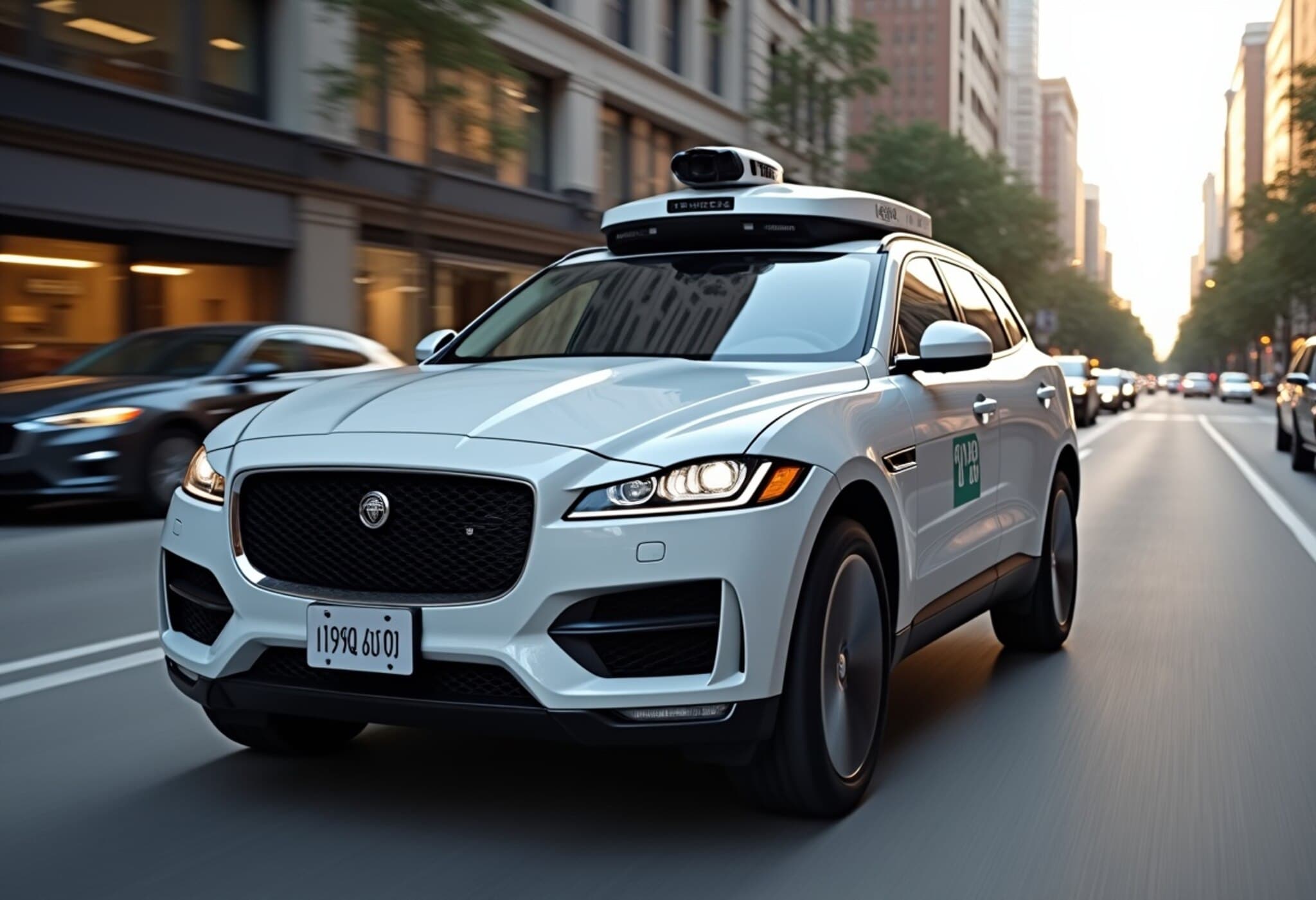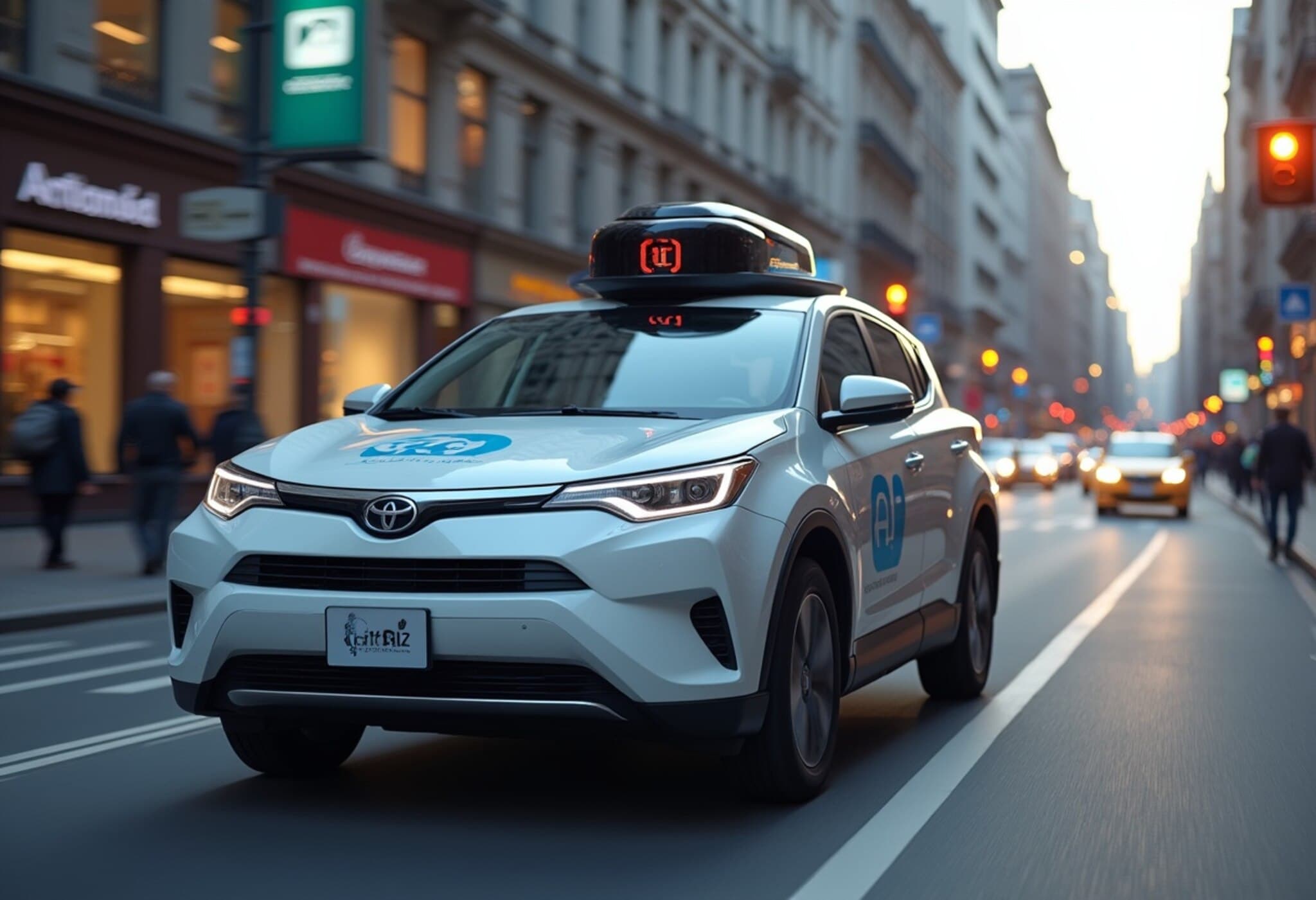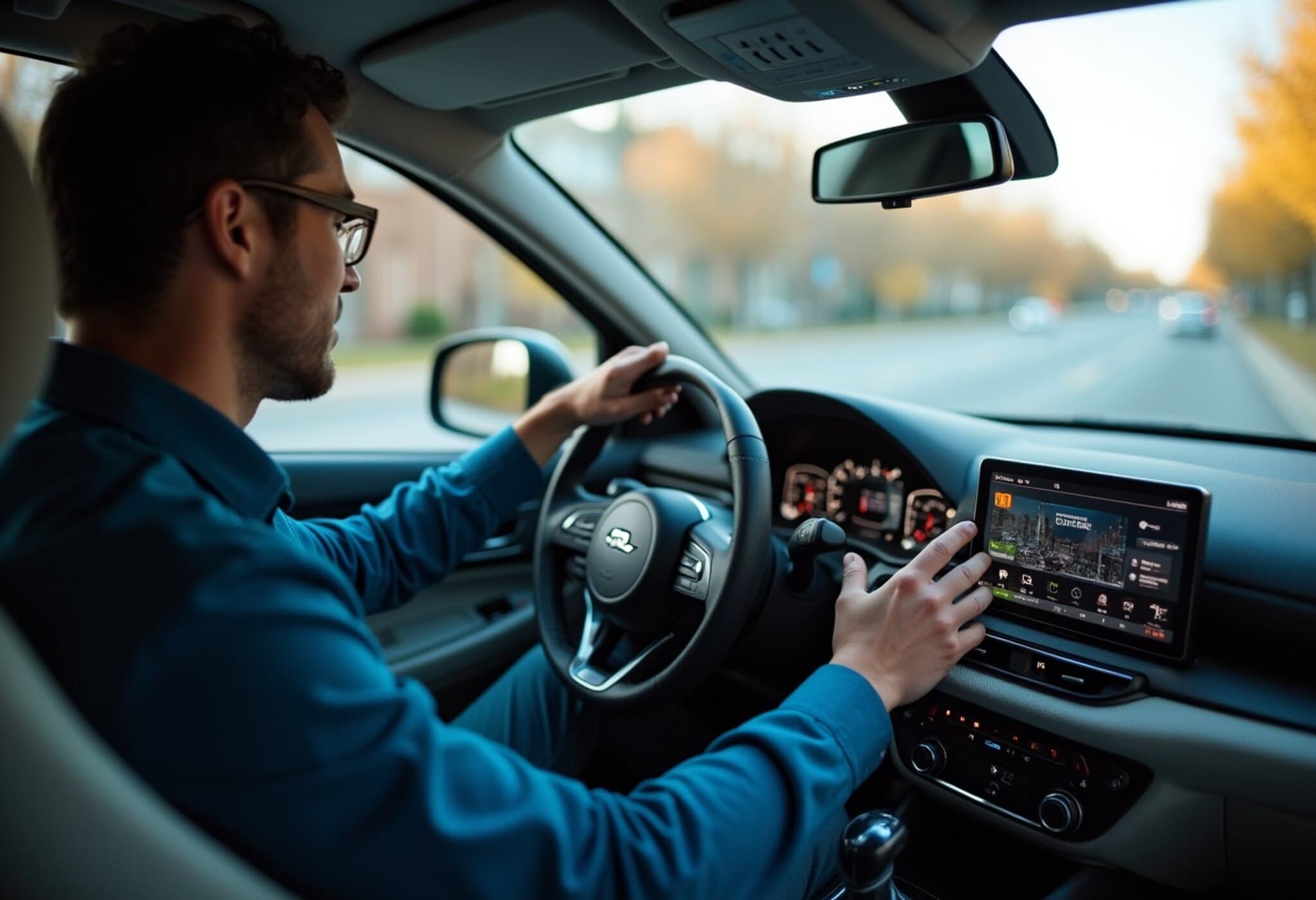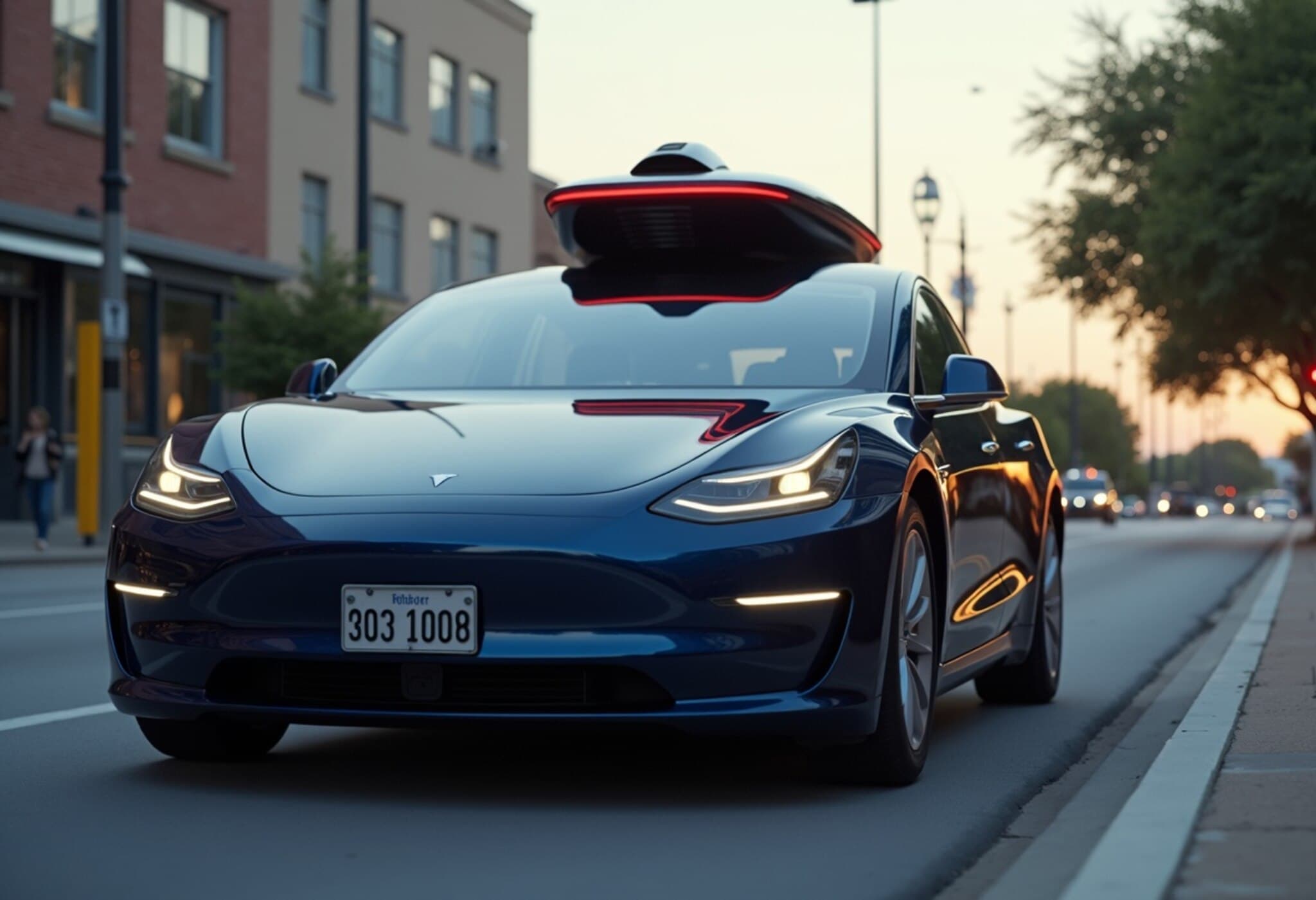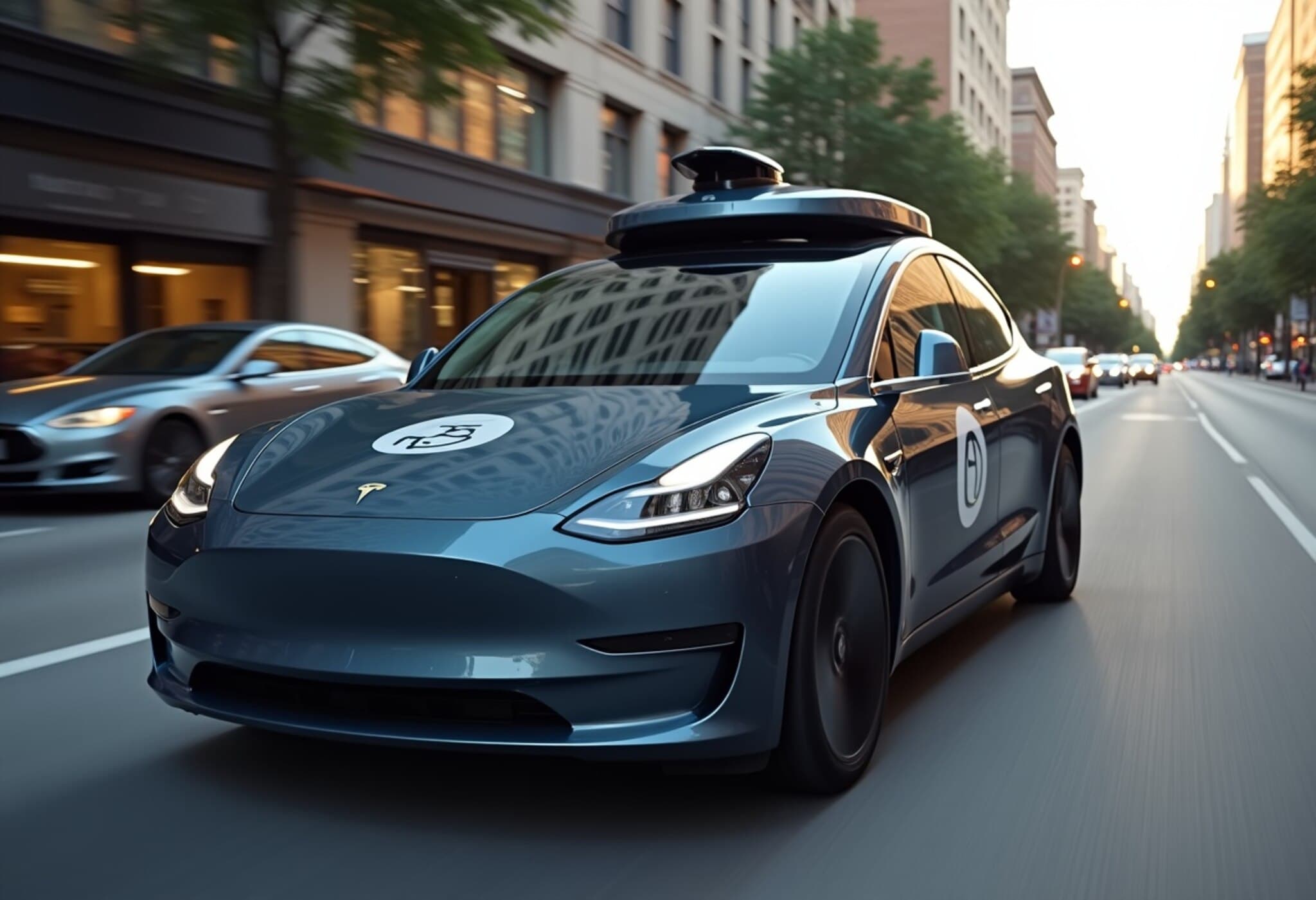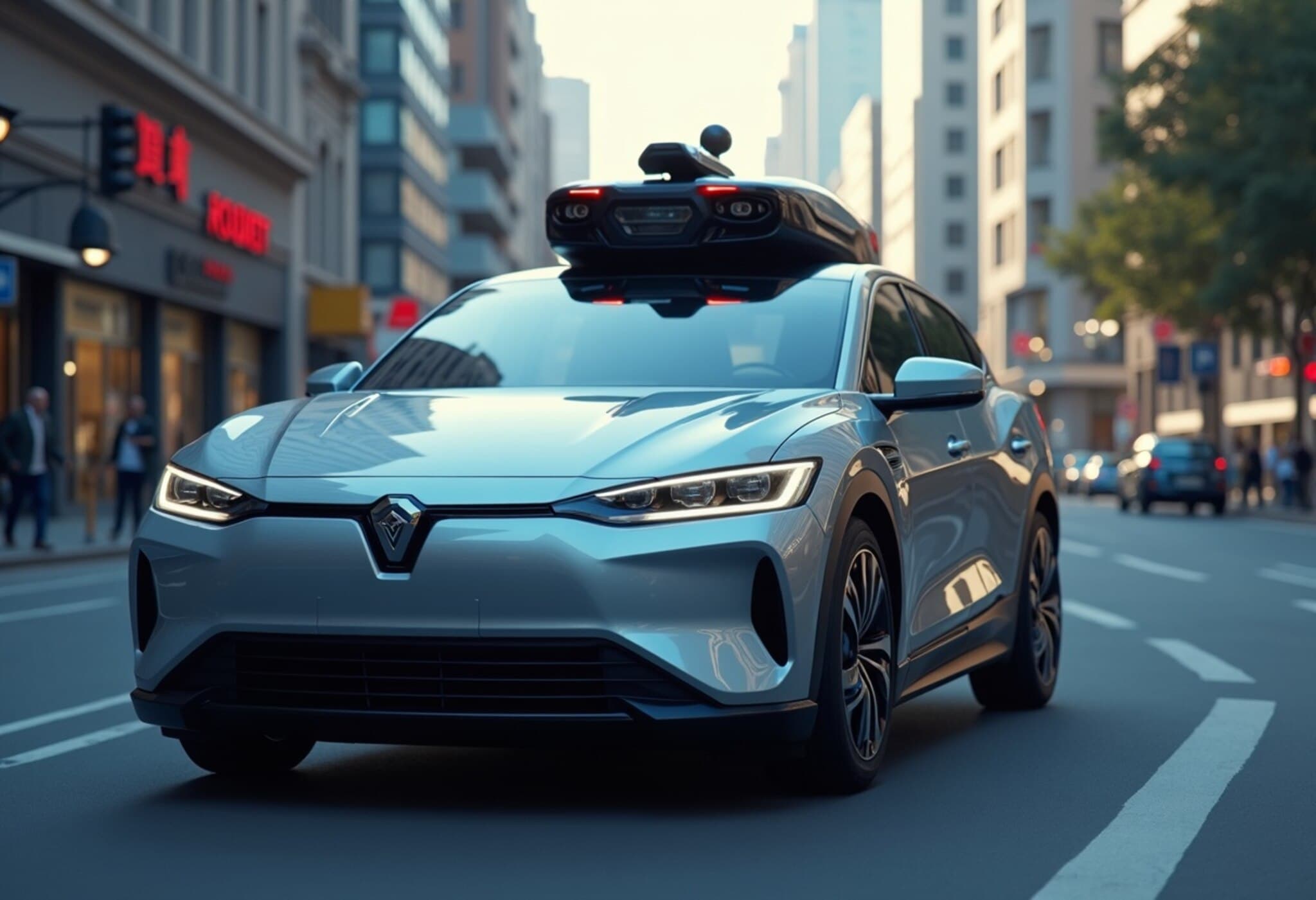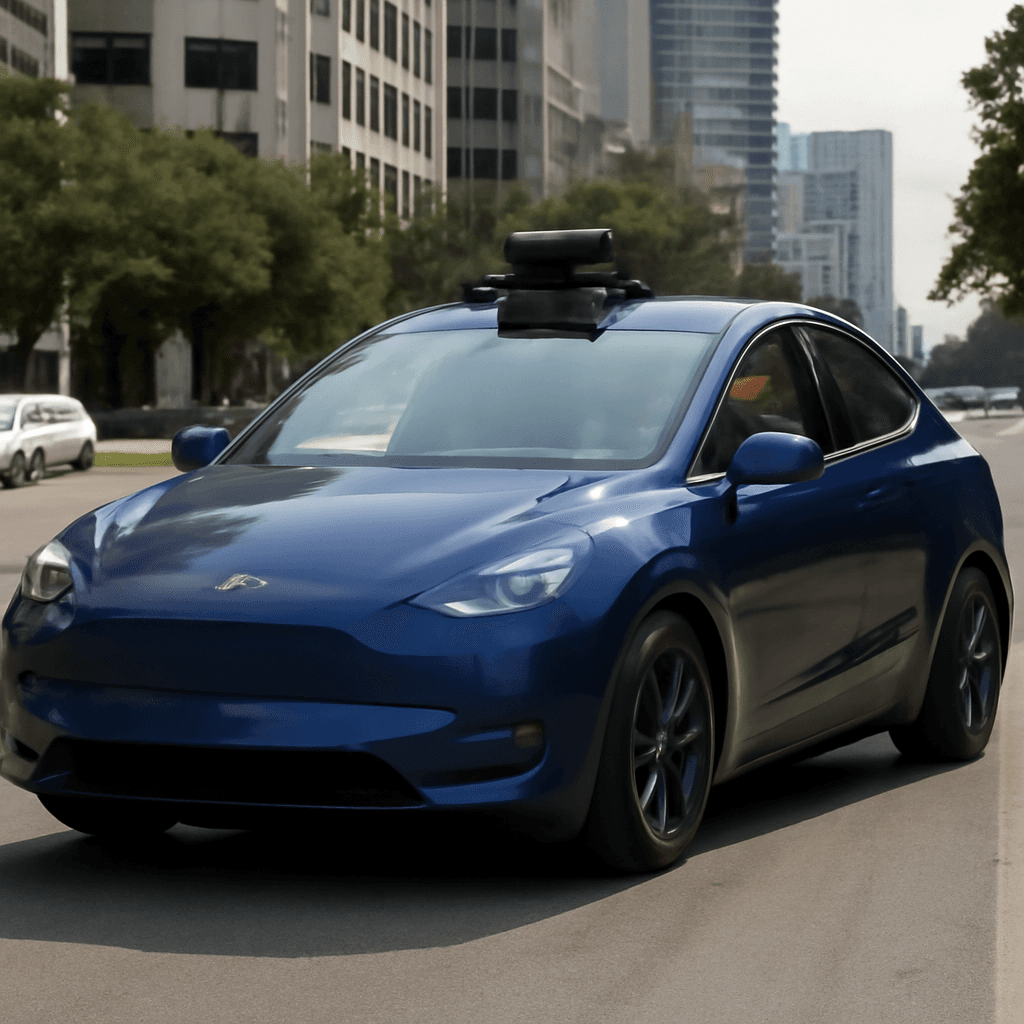Uber Set to Introduce Autonomous Taxis in London Next Year
Uber is gearing up to roll out self-driving taxis in London beginning next spring, marking a significant milestone in the UK's embrace of autonomous transportation. The ride-hailing giant announced the pilot scheme amidst new government-approved trials aimed at testing driverless services on some of the world's busiest roads.
Driver-in-the-Loop to Fully Driverless Transition
Initially, Uber's autonomous taxis will feature a human operator behind the wheel, ready to take control if necessary. This cautious first phase ensures safety and builds public confidence. However, the pilot is designed to evolve towards fully driverless operations as the technology and regulatory environment mature.
Government Greenlights Commercial Driverless Trials
In a groundbreaking move, the UK government has authorized companies, including Uber, to conduct commercial trials of driverless vehicles without onboard human drivers for the very first time.
These trials will not only cover taxi services but also extend to bus-like autonomous transportation, broadening the scope of mobility options available to the public.
London: A Challenging Yet Ideal Testing Ground
Describing London’s roads as "one of the world's busiest and most complex urban environments," Uber CEO Andrew Macdonald highlighted the unique challenges and opportunities the city offers for piloting autonomous technology.
“Our vision is to make autonomy a safe and reliable option for riders everywhere,” Macdonald said, emphasizing how this trial brings that future closer to becoming an everyday reality.
Booking Access and Future Expansion
From spring 2026, Londoners will be able to hail these self-driving taxis via the Uber app. This pilot precedes a wider rollout anticipated after the passage of the Automated Vehicles Act, set to become law in the UK’s second half of 2027.
Economic Boost and Job Creation
The Department for Transport projects that autonomous vehicle technology could create 38,000 new jobs and add an estimated £42 billion ($57 billion) to the UK economy by 2025. Beyond economic gains, officials also underscore the potential for improved road safety.
Government Leaders Embrace AI and Innovation
Transport Secretary Heidi Alexander hailed the technology as the "future of transport," highlighting its capacity to attract investment and elevate the UK as a global technology leader. Technology Secretary Peter Kyle added, “We can’t afford to take a back seat on AI,” signaling an accelerated timeline for adopting autonomous vehicles.
Expanding Self-Driving Use Beyond Taxis
The upcoming legislation will also permit the sale and operation of fully self-driving private cars in the UK, widening the application of this transformative technology.
Established Foundations and Industry Leaders
Driverless vehicle trials have been ongoing in the UK since 2015, with domestic firms like Wayve and Oxa pioneering advancements. Wayve’s CEO Alex Kendall remarked that these early pilots are essential to building public trust and opening avenues for new jobs and services.
Safety Standards and Technological Edge
The government mandates that self-driving vehicles meet safety standards comparable to or exceeding those of cautious human drivers. Leveraging faster reaction times and extensive real-world data training, autonomous cars aim to reduce accidents, injuries, and fatalities on the roads.
Global Context: Autonomous Taxi Operations
Driverless taxis are already in operation in several countries, notably in Wuhan, China, where a fleet of over 500 autonomous vehicles serve passengers in designated zones via app bookings. These global initiatives offer valuable insights for the UK’s rollout.

